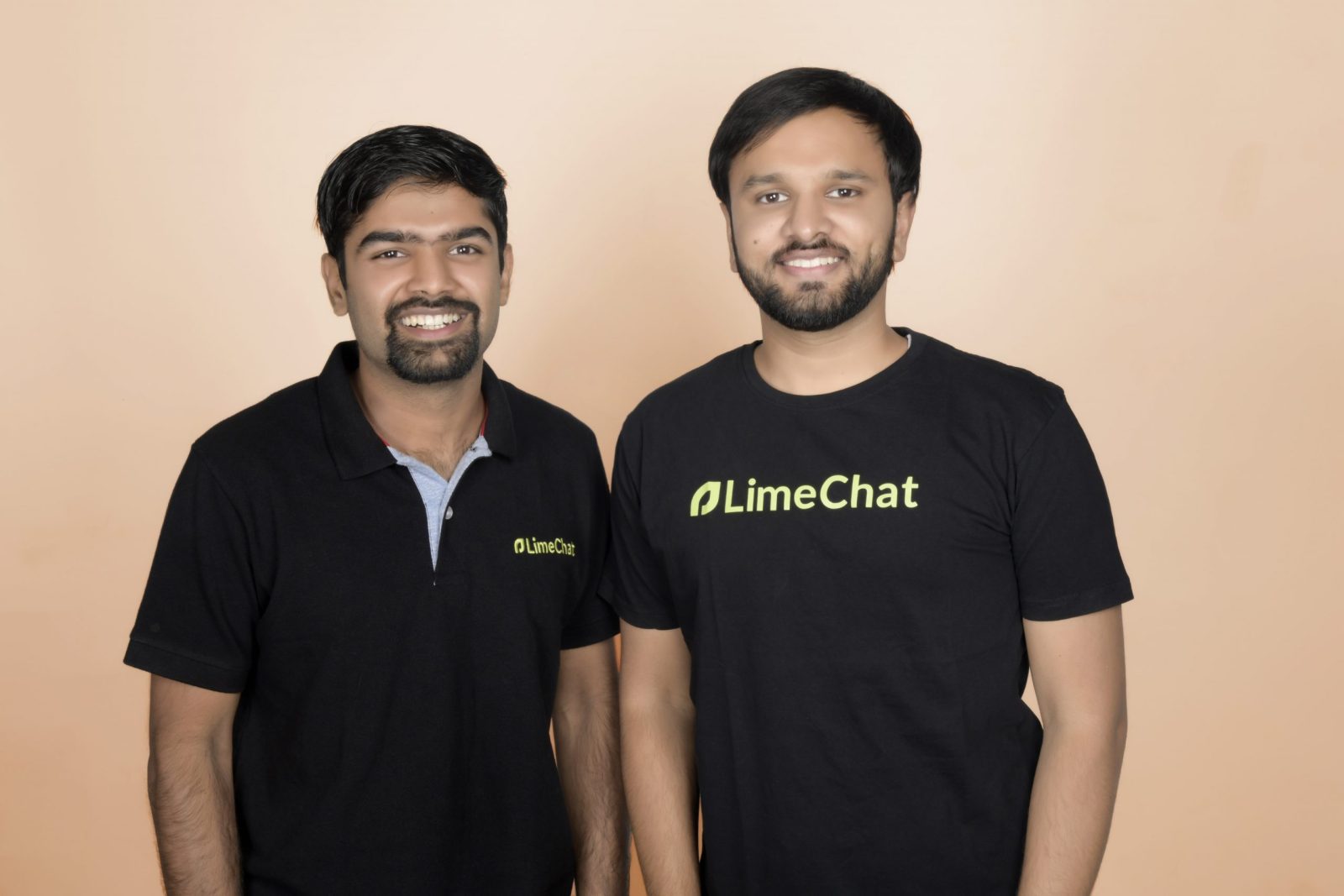As a consumer, I (Arpit) have had several shopping experiences I remember fondly – our local grocer reminding me of adding something to my list by virtue of knowing my family and our preferences, a retail associate helping find the right skin product for my mother which also happened to be ~50% less expensive than what she would have bought otherwise, a footwear shop owner suggesting better boots to my brother, and many more.
All these instances had one thing in common – the merchant leveraged an understanding of our context to provide better solutions to our problems. In its purest form, commerce is about problem solving. Two parties come together, one with a problem (the buyer) and another with a solution (the seller). When not done well, which is very often, buyers experience frustration during a purchase; when done well, however, buyers experience satisfaction, and sometimes delight.
Consumer behaviour is fast changing, and brand / consumer interactions are becoming increasingly more digital. Leveraging digital products – predominantly chatbots – for improved customer support has been mainstream for a few years now; additionally, there is increasing evidence that consumers are open to making new purchases via chat as a medium – in fact, millennials surveyed in North America said they would actually prefer to purchase digitally via chat.
Within this space of evolving consumer preferences, we find two tailwinds worth highlighting (a) the explosion of D2C brands across categories (b) the adoption of WhatsApp as a commerce channel, particularly in Asia. We needed to look no further than our own portfolio (shameless plug: Mamaearth, Zouk, Nestasia) to see how D2C startups are likely to reshape India’s brand landscape over the next decade, and WhatsApp is considered India’s de facto OS for a good reason.
While consumer preferences have evolved and are likely to evolve even further, technology in this space has not kept up. Chatbots are still the most common mechanism for brands to engage users, and interactions with them often feel like breaking your head against a brick wall. It is very common to feel frustrated at a bot’s inability to understand even simple requests, especially after our expectations are set with rather lofty promises – “Hi, I am <XYZ> bot, and I will help you find the right product in no time”. This is not surprising, since most bots are simple decision trees where the input is made via chat, as opposed to, say IVR. For the few that utilize NLU (Natural Language Understanding), they are still unable to figure out user intent, because they lack that all-important variable we mentioned earlier – context.
Context awareness for helping drive better commerce outcomes is a hard problem to solve, and requires a knowledge of prior customer conversations, combined with an understanding of a brand’s products. As a simple example, adequately processing the following request – show me more products like what you showed me last time – is not possible unless one has knowledge of a user’s conversation history. Similarly, responding intelligently “I don’t like this one, I liked the previous sweater better” is not possible for simple NLU driven bots, even in an ongoing conversation, since they have no way of knowing what this / previous are referring to.
The possibilities of this technology are endless. Limechat has already built a sophisticated conversational marketing solution for brands – as opposed to displaying ads that take you to a website, their solution allows a click-to-chat-and-buy experience, directly from the ads, for end consumers. Their experiments with initiating remarketing conversations with consumers for use cases such as abandoned carts suggest consumers are 10x more likely to complete the purchase on WhatsApp compared to SMS or email. Also, while today they deploy exclusively on chat, the technology by itself can work across other interaction media as well, e.g. voice.
We first started working with them about a year ago, when we led their pre-seed round – along with Pi Ventures – and the business has only gone from strength to strength since then. In addition to their fundamental technical abilities, Aniket and Nikhil have also impressed us with their business building abilities – they learn very rapidly, have dozens of happy customers, are already thinking deeply about the kind of organization they want to build, and have the ambition to build a large business. It would have been folly on our part to not double down given what we were seeing, and that is exactly what we did. We are delighted to lead their Seed round, and are eagerly looking forward to what lies next!

